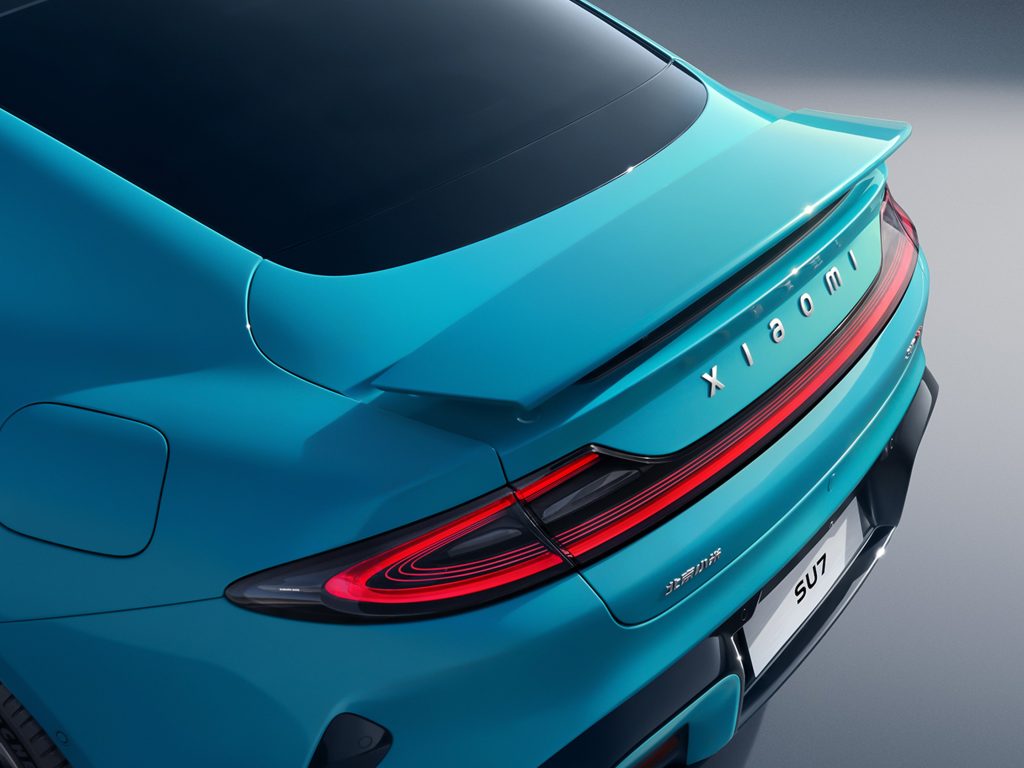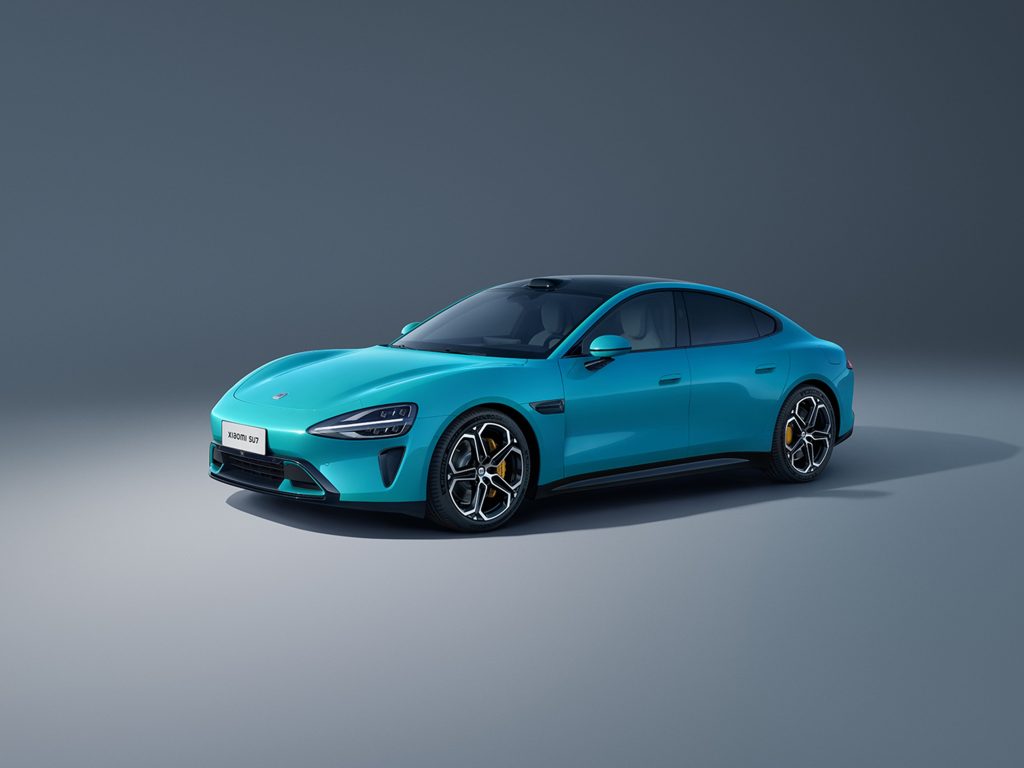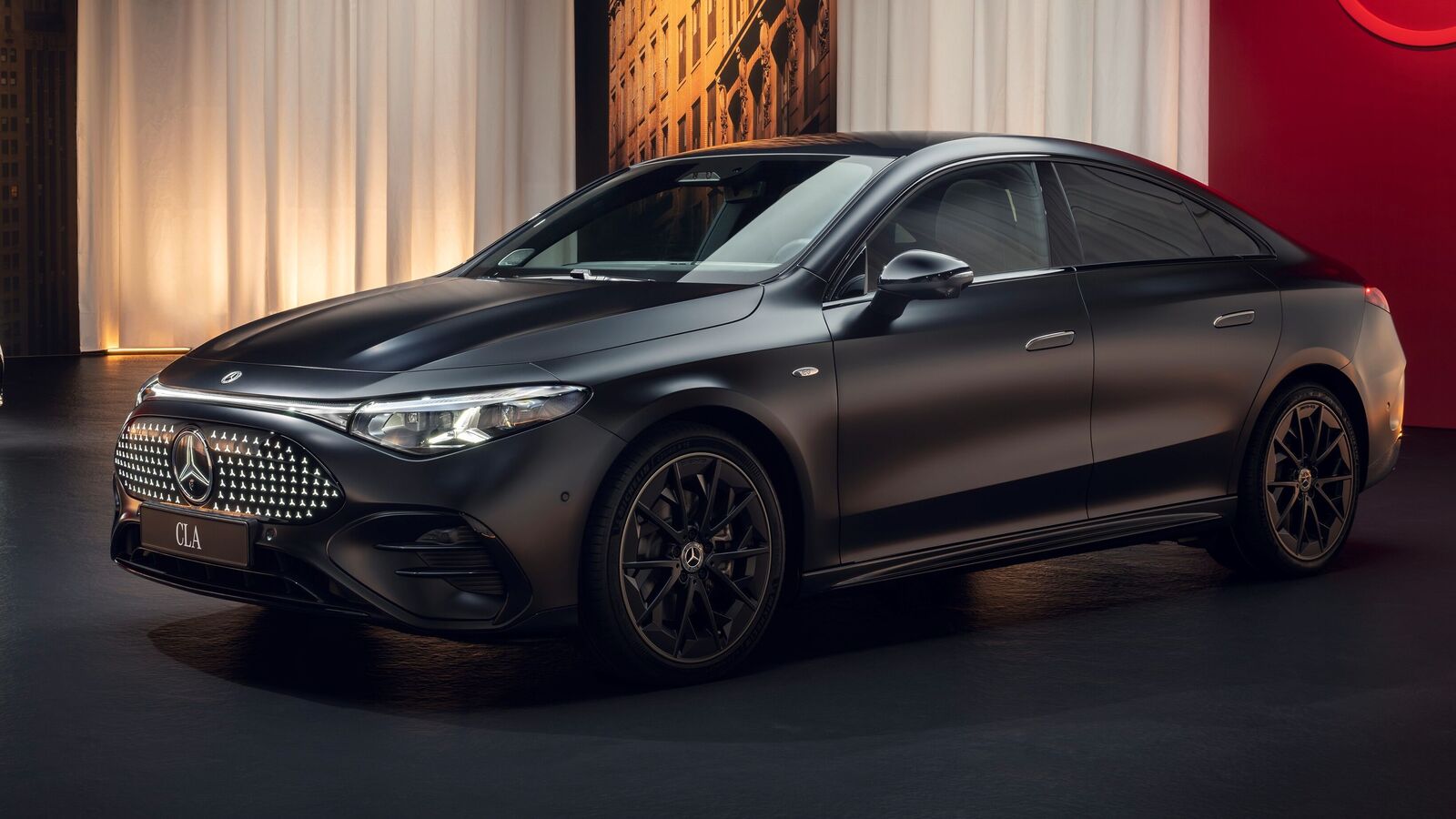Chinese smartphone giant Xiaomi is alerting potential buyers of its new SU7 sedan that they could have a seven-month wait ahead before getting the car – a sign of strong demand for an EV that is directly gunning for the Tesla Model 3.
Last Thursday, Xiaomi opened up orders for its SU7 sedan after releasing competitive prices starting at $29,870. Friday, the company said pre-orders reached nearly 90,000 in the first 24 hours, confirmed Reuters.

This morning, Xiaomi’s car app has flagged would-be buyers that delivery time for the new SU7 and SU7 Pro could take 18 to 21 weeks. The most expensive model, the AWD SU7 Max (priced at 299,900 yuan/$41,500) would take 27 to 30 weeks.
Xiaomi also released a limited-edition version called Founder’s Edition that comes with extra perks, such as a mini-fridge add-on. The first batch of 5,000 of these sold out immediately on Thursday, reported Reuters. According to a Weibo post from cofounder and CEO Lei Jun on Sunday, another batch of the Founder’s Edition version will become available although he didn’t specify the time or in what quantity.
The SU7 Standard option comes with some impressive specs including a 73.6 kWh battery and 700km (435 miles) of range, while the Pro features a 94.3 kWh with a range of 830km (516 miles). The Pro is priced at RMB 245,900 ($34,000).
In addition, the SU7 comes complete with advanced technology, such as a head-up display, Pilot Pro ADAS with vision (Pilot Max with vision and LiDAR on the top two trims), and a Dolby Atmos sound system (Max trim). Xiaomi is aiming for Tesla here with a vehicle that costs the same as the entry-level Model 3 in China but with significantly better specs.

The SU7 signals the transition of the Chinese electronics giant to brave new ventures, and its billionaire cofounder Jun is setting his sights high. He vows to become a global automobile leader within 15 to 20 years and to build a “dream car” that can contend with Tesla and Porsche. At the vehicle’s launch event in December, he added that the company plans to invest $10 billion to shake up the industry as it did for smartphones 10 years ago.
Since first announcing the company’s plan to venture into EVs in 2021, the regulatory landscape in China, which is the world’s largest car market, has significantly changed. The government has clamped down on manufacturing permits to new players, which means Xiaomi has to partner with state-owned Beijing Automotive Holding Group to build its EVs.
Also, Xiaomi is jumping into a fiercely dense and competitive market that is already flooded with hundreds of new models from dozens of brands in China, topped by powerhouse BYD.
Of course, as to whether or not we can expect to see this vehicle on US roadways, the jury is still very much out on the future of Chinese EVs arriving to the states.
Photo credit: Xiaomi
FTC: We use income earning auto affiliate links. More.




